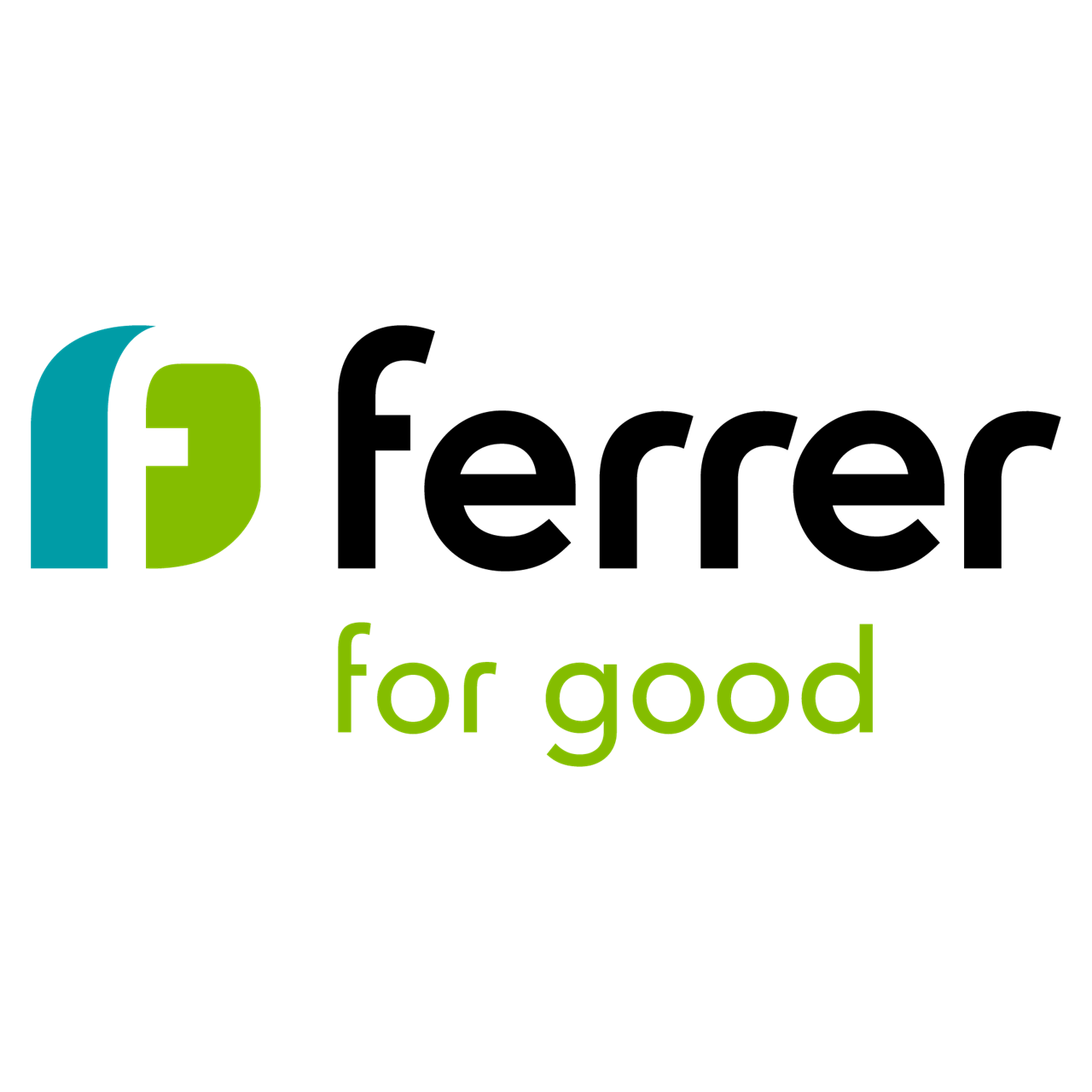

Ferrer

Catalonia, Spain
January 2022
Pharmaceutical products
Manufacturing
Argentina,
Austria,
Chile,
Colombia,
Costa Rica,
Germany,
Greece,
Mexico,
Peru,
Portugal,
Spain,
United States,
Uruguay
At Ferrer we use business to fight for social justice. We have long been a company that looks to do things differently; instead of maximizing shareholder returns, we reinvest much of our profit in initiatives that give back to society. Back where it belongs. We go beyond compliance and are guided by the highest standards of sustainability, ethics and integrity. As such, since 2022, we are a B Corp. Founded in Barcelona in 1959, Ferrer offers transformative solutions for life-threatening diseases in more than one hundred countries. In line with our purpose, we have an increasing focus on pulmonary vascular and interstitial lung diseases and rare neurological disorders. Our 1,800-strong team is driven by a clear conviction: our business is not an end in itself, but a way to change lives. We are Ferrer. Ferrer for good. www.ferrer.com
Overall B Impact Score
Governance 17.4
Governance evaluates a company's overall mission, engagement around its social/environmental impact, ethics, and transparency. This section also evaluates the ability of a company to protect their mission and formally consider stakeholders in decision making through their corporate structure (e.g. benefit corporation) or corporate governing documents.
What is this? A company with an Impact Business Model is intentionally designed to create a specific positive outcome for one of its stakeholders - such as workers, community, environment, or customers.
Workers 28.0
Workers evaluates a company’s contributions to its employees’ financial security, health & safety, wellness, career development, and engagement & satisfaction. In addition, this section recognizes business models designed to benefit workers, such as companies that are at least 40% owned by non-executive employees and those that have workforce development programs to support individuals with barriers to employment.
Community 38.0
Community evaluates a company’s engagement with and impact on the communities in which it operates, hires from, and sources from. Topics include diversity, equity & inclusion, economic impact, civic engagement, charitable giving, and supply chain management. In addition, this section recognizes business models that are designed to address specific community-oriented problems, such as poverty alleviation through fair trade sourcing or distribution via microenterprises, producer cooperative models, locally focused economic development, and formal charitable giving commitments.
What is this? A company with an Impact Business Model is intentionally designed to create a specific positive outcome for one of its stakeholders - such as workers, community, environment, or customers.
Environment 28.1
Environment evaluates a company’s overall environmental management practices as well as its impact on the air, climate, water, land, and biodiversity. This includes the direct impact of a company’s operations and, when applicable its supply chain and distribution channels. This section also recognizes companies with environmentally innovative production processes and those that sell products or services that have a positive environmental impact. Some examples might include products and services that create renewable energy, reduce consumption or waste, conserve land or wildlife, provide less toxic alternatives to the market, or educate people about environmental problems.
Customers 24.7
Customers evaluates a company’s stewardship of its customers through the quality of its products and services, ethical marketing, data privacy and security, and feedback channels. In addition, this section recognizes products or services that are designed to address a particular social problem for or through its customers, such as health or educational products, arts & media products, serving underserved customers/clients, and services that improve the social impact of other businesses or organizations.
What is this? A company with an Impact Business Model is intentionally designed to create a specific positive outcome for one of its stakeholders - such as workers, community, environment, or customers.